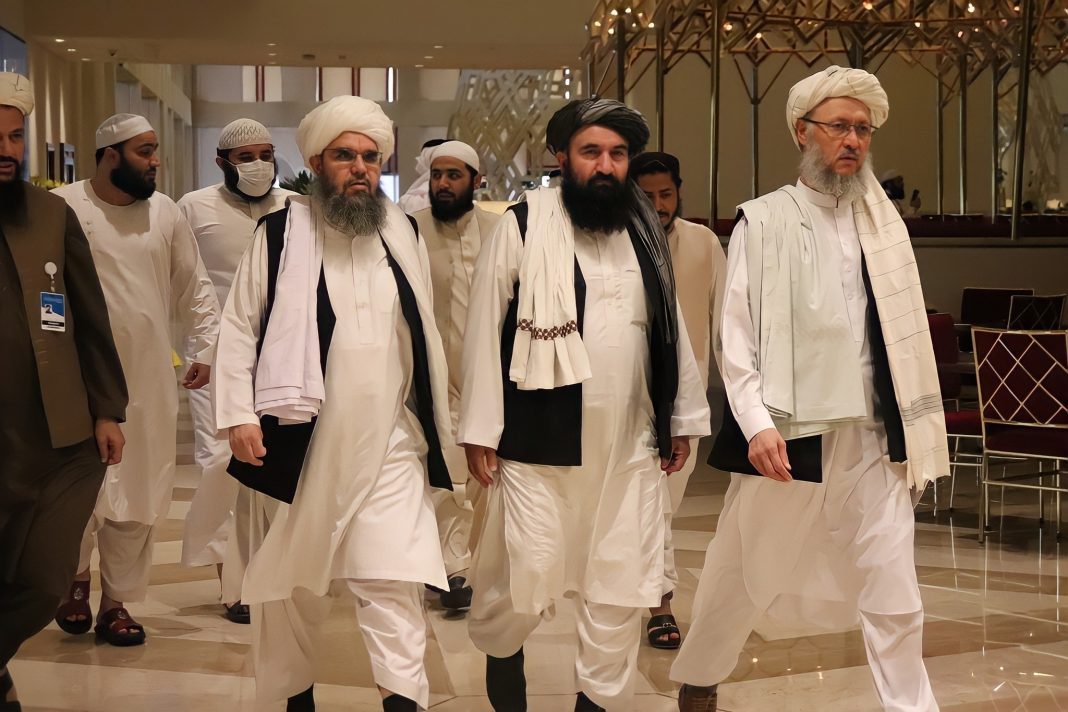Civil society organisations and women activists were not part of the third round of the Doha meeting on Afghanistan.
The European Union’s special envoy to Afghanistan has defended the exclusion of civil society groups from the recent United Nations-led Doha meeting, arguing it was a necessary concession to ensure engagement with the Taliban.
“To have the opportunity to talk with the Taliban, and they came, and to talk with these individuals, civil society, private sector, and they came… I think this was worth it,” Tomas Niklasson told AFP on Tuesday.
“I think it was a good discussion. We know the controversy around the event. Some civil society members have boycotted it for various reasons and I understand the reasons,” he added.
The UN has faced criticism for excluding Afghan civil society activists to ensure the Taliban’s participation.
Civil society organisations and women activists were not part of the Doha meeting on Afghanistan, which concluded on Monday.
However, they were given an opportunity to meet officials and international envoys on Tuesday, although some chose to boycott this additional session.
Sunday marked the first time that the Taliban have participated in these talks since UN Secretary-General Antonio Guterres initiated the Doha meetings a year ago.
The group was not invited to the first Doha meeting, and did not attend the second one after they had insisted on excluding Afghan civil society members, and demanded recognition as the legitimate rulers of the country.
Despite 16 countries maintaining embassies in Afghanistan, the international community has withheld recognition of the Taliban due to its non-inclusive governance and suppression of women’s rights.
The Taliban’s strict interpretation of Islamic law has led to severe restrictions on women, described by the UN as “gender apartheid”.
Despite these tensions, Niklasson described the discussions with the Taliban delegation as a “good starting point” for increasing engagement with Afghanistan, covering economic issues and counter-narcotics efforts.
However, he did point out that there was “no commitment to change anything on their side and no commitment on our side to do anything more at this stage”.
The two-day meeting in Qatar, which finished on Monday, brought together representatives from several international organisations and special envoys for Afghanistan from nearly two dozen countries.
The summit concluded with no pledges of reform from the Taliban or concessions from the international community.
The talks touched on private sector and market access, areas where Niklasson noted “a lot of common ground”.
Niklasson also said that lifting sanctions, particularly those linked to human rights violations, would require changes in the Taliban’s stance on women’s and girls’ rights.
“So for our sanctions to be lifted, they would have to take different positions when it comes to the rights of women and girls, for example,” he explained.
No date has been set for the next round of UN-led Doha meeting on Afghanistan, but Niklasson said that the Taliban had expressed interest in continuing the dialogue.
The Taliban also called for an end to international sanctions, questioning their fairness in light of Afghanistan’s history of conflict and foreign intervention.







